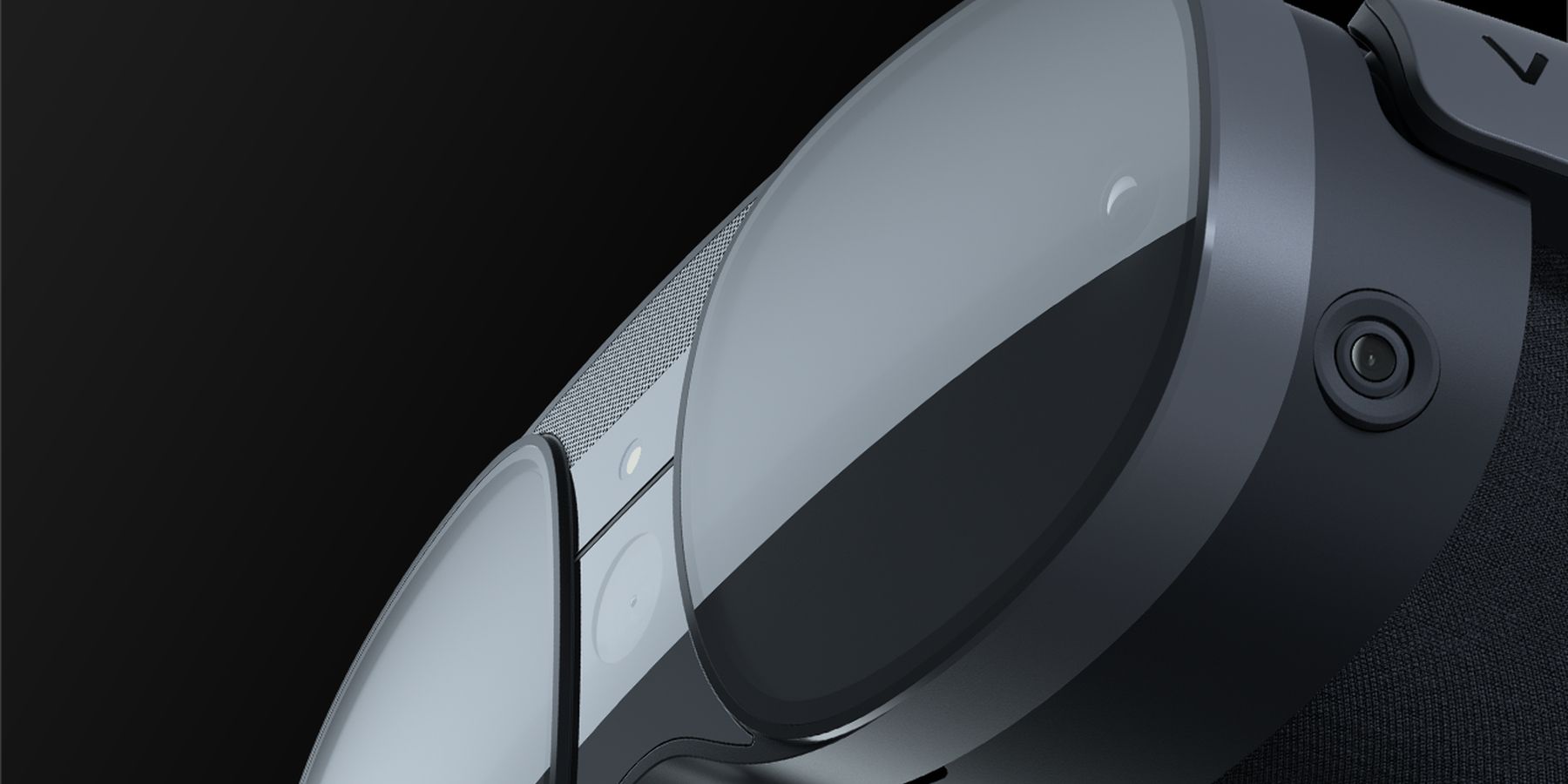HTC is reportedly planning to unveil a new virtual reality headset to compete with the Meta Quest product line. Virtual reality headsets have diverged along two paths in recent years, with high-end PC headsets delivering a niche experience and mobile-focused standalone headsets reaching a growing market. The HTC Vive was a major competitor in the niche market when it launched in 2016, but now HTC appears to be preparing to compete in a new field of virtual reality.
The Meta Quest 2 is the dominant standalone headset in the current market for a variety of reasons. It runs without the need for a PC or cell phone, powered by an internal Android platform, though it can link to a PC for extra power. The Meta Quest 2 is light, has no wires restricting movement, and can be slipped on and off with ease. It's also surprisingly powerful, featuring a 120 Hz refresh rate LCD panel with 1832x1920 resolution per eye. Perhaps its strongest selling point, however, is its $299 price.
HTC has its work cut out for itself to compete with the Meta Quest 2, but it is reportedly planning to do just that. The company is said to be planning to announce and reveal its next VR headset during the CES 2023 convention, which starts on January 5. Like with the Meta Quest 2, the new headset is designed to be an all-in-one standalone headset that's light and easy to use.
One of HTC's core features for its new headset, what it's hoping will help make the new headset stand apart from the Meta Quest 2, is a focus on augmented reality experiences. The HTC headset will have front and side-facing cameras that can be fed into the headset. This will allow users to see what's around them without taking the headset off, as well as play AR games or other AR experiences. It's also a risk, however, as AR headset experiences aren't necessarily as well-supported as VR apps.
There are, unfortunately, downsides already confirmed for the new HTC headset, too. It's said that the new headset is likely to be more expensive than $399.99, potentially significantly more expensive. It will also have a battery life of around 2 hours, much like what has been confirmed for the Meta Quest Pro. That's going to make it difficult for HTC to crack Meta's control of this segment of the VR market.
Competition is said to drive innovation, and a hybrid VR/AR headset that's standalone is an exciting product. HTC may not be able to usurp the Meta Quest 2 with its new headset, but perhaps it can offer something more attractive to VR enthusiasts than the $1,500 Meta Quest Pro. Look forward to CES 2023 starting December 5 for more information on HTC's headset.
Source: The Verge




